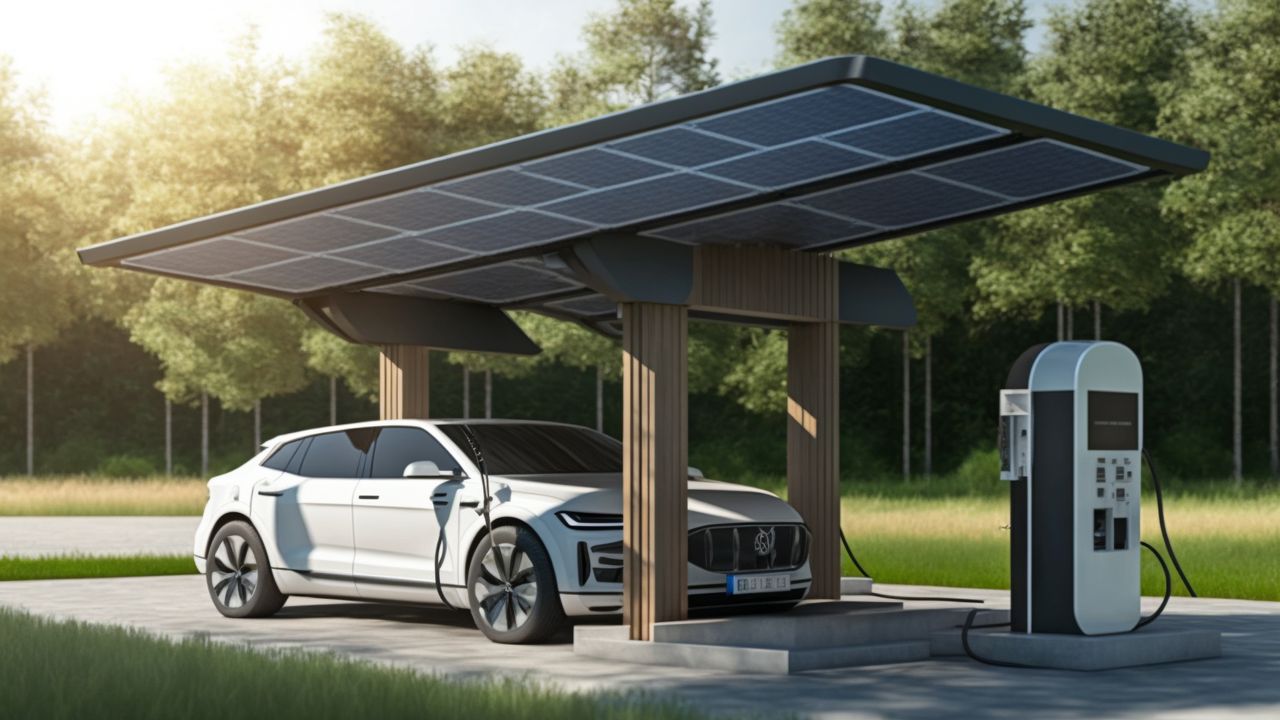Optimizing EV Charging Station Scheduling for Efficient Usage
As the popularity of electric vehicles (EVs) continues to rise, the demand for EV charging stations has increased significantly. However, the limited number of charging stations often leads to long queues and wait times for EV owners. To address this issue, charging station queuing and dynamic scheduling have emerged as effective solutions. In this article, we will explore the concept of charging station scheduling optimization and its benefits.
Charging Station Queuing
Charging station queuing involves creating a system where EV owners can join a virtual queue and wait for their turn to charge their vehicles. This eliminates the need for physical queues and allows EV owners to make better use of their time while waiting. By implementing a queuing system, charging stations can ensure a fair and organized process for all users.
One of the key advantages of charging station queuing is that it reduces frustration and stress among EV owners. Instead of waiting in long lines or constantly checking for available charging spots, they can simply join the virtual queue and receive notifications about their estimated charging time. This improves the overall user experience and promotes customer satisfaction.
Charging Station Dynamic Scheduling
Charging station dynamic scheduling takes the concept of queuing a step further by optimizing the charging process based on various factors. This intelligent scheduling system considers factors such as charging station availability, charging speed, and user preferences to allocate charging slots efficiently.
By analyzing real-time data, dynamic scheduling algorithms can identify the most suitable charging slots for each EV owner. For example, if an EV owner requires a quick charge, the system will prioritize a charging slot with a higher charging speed. On the other hand, if an EV owner has a longer charging time, the system can assign a slot with a lower charging speed, optimizing the usage of available resources.
Charging Station Scheduling Optimization
Charging station scheduling optimization aims to maximize the utilization of charging stations while minimizing wait times for EV owners. This involves finding the most efficient way to allocate charging slots based on demand patterns and user preferences.
One approach to charging station scheduling optimization is through the use of advanced algorithms and machine learning techniques. These algorithms analyze historical charging data, user behavior, and other relevant factors to predict future demand and optimize the allocation of charging slots. By continuously learning and adapting to changing patterns, the system can improve its efficiency over time.
Another aspect of charging station scheduling optimization is the integration of smart grid technologies. By connecting charging stations to the grid, they can communicate with each other and with the grid to optimize charging schedules based on energy availability and demand. This ensures that charging stations operate in a coordinated manner, reducing strain on the grid and promoting sustainable energy usage.
Conclusion
EV charging station scheduling optimization, including queuing and dynamic scheduling, is crucial for managing the increasing demand for charging infrastructure. By implementing intelligent scheduling systems and leveraging advanced technologies, charging stations can improve the user experience, reduce wait times, and optimize the utilization of available resources. As the adoption of electric vehicles continues to grow, investing in charging station scheduling optimization will be key to supporting the transition to a sustainable transportation system.
